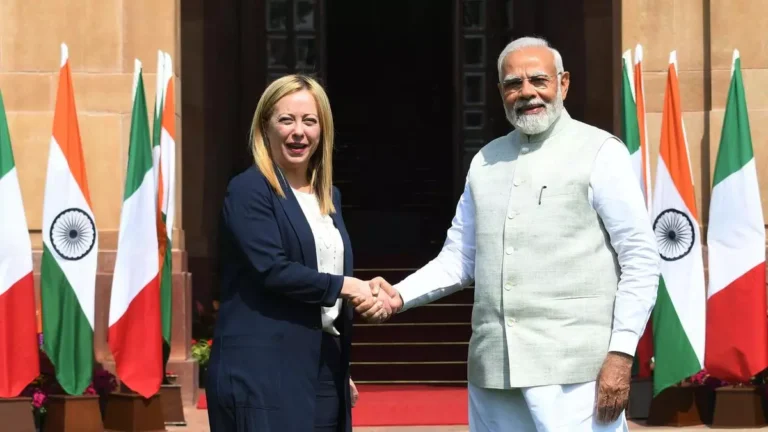
G7 Italia: A Summit of Global Leadership and Collaboration
The Group of Seven (G7) summit, hosted by Italy, represents a significant gathering of the world’s leading industrialized nations, including Canada, France, Germany, Italy, Japan, the United Kingdom, and the United States, along with the European Union. This forum, which addresses global economic governance, international security, and pressing world issues, reflects Italy’s pivotal role in international diplomacy and its commitment to fostering global cooperation.
Historical Context
The G7, originally the G6, was formed in the 1970s in response to the economic challenges of that era, such as the oil crisis and the collapse of the Bretton Woods system. Italy, a founding member, has played an integral role in shaping the group’s agenda and addressing key global challenges. The inclusion of Canada in 1976 expanded the group to the G7, cementing its status as a crucial platform for discussion among the world’s most advanced economies.
Italy’s Role and Contributions
Italy’s presidency of the G7 brings a unique perspective to the table, blending its rich cultural heritage with its advanced industrial capabilities. Italy’s economy, the third-largest in the Eurozone, is known for its strong sectors in manufacturing, fashion, and automotive industries. This diverse economic base allows Italy to contribute meaningfully to discussions on trade, economic policy, and innovation.
During its presidency, Italy has emphasized several key priorities:
- Sustainable Development: Italy advocates for sustainable economic growth that balances prosperity with environmental stewardship. This includes promoting renewable energy, sustainable agriculture, and responsible resource management.
- Global Health: In light of the COVID-19 pandemic, Italy has focused on strengthening global health systems, improving pandemic preparedness, and ensuring equitable access to vaccines and treatments.
- Digital Transformation: Italy supports initiatives that drive digital innovation and cybersecurity, recognizing the importance of technology in shaping the future of the global economy.
- Social Inclusion: Addressing social inequality and promoting inclusive growth is a central theme, with Italy championing policies that support marginalized communities and enhance social cohesion.
- Climate Change: Italy is committed to advancing the Paris Agreement goals, advocating for robust action to combat climate change and protect the planet for future generations.
Key Outcomes and Initiatives
During the G7 Italia summit, several landmark initiatives and agreements were forged, underscoring the collaborative spirit of the gathering:
- Global Health Pact: The G7 nations agreed on a comprehensive strategy to combat future pandemics, including commitments to increase funding for the World Health Organization and enhance global health security networks.
- Green Investment Fund: Italy led the establishment of a Green Investment Fund aimed at mobilizing private and public capital to finance sustainable infrastructure projects worldwide.
- Digital Inclusion Charter: The G7 adopted a charter promoting digital inclusion, aiming to bridge the digital divide by expanding access to high-speed internet and promoting digital literacy programs.
- Climate Action Plan: A detailed action plan was agreed upon, setting ambitious targets for reducing carbon emissions and transitioning to renewable energy sources.
Challenges and Criticisms
Despite the positive outcomes, the G7 Italia summit faced several challenges and criticisms. Some observers noted the need for more concrete actions rather than just commitments, particularly regarding climate change and global health funding. There were also calls for greater engagement with emerging economies and more inclusive global governance structures.
Conclusion
The G7 Italia summit stands as a testament to Italy’s leadership on the global stage and its commitment to addressing the world’s most pressing issues through dialogue and cooperation. As the world continues to navigate complex challenges, the G7 remains a crucial forum for fostering international collaboration and driving positive change. Italy’s presidency has not only highlighted its strategic priorities but also reinforced the importance of global solidarity in achieving sustainable and inclusive growth.




